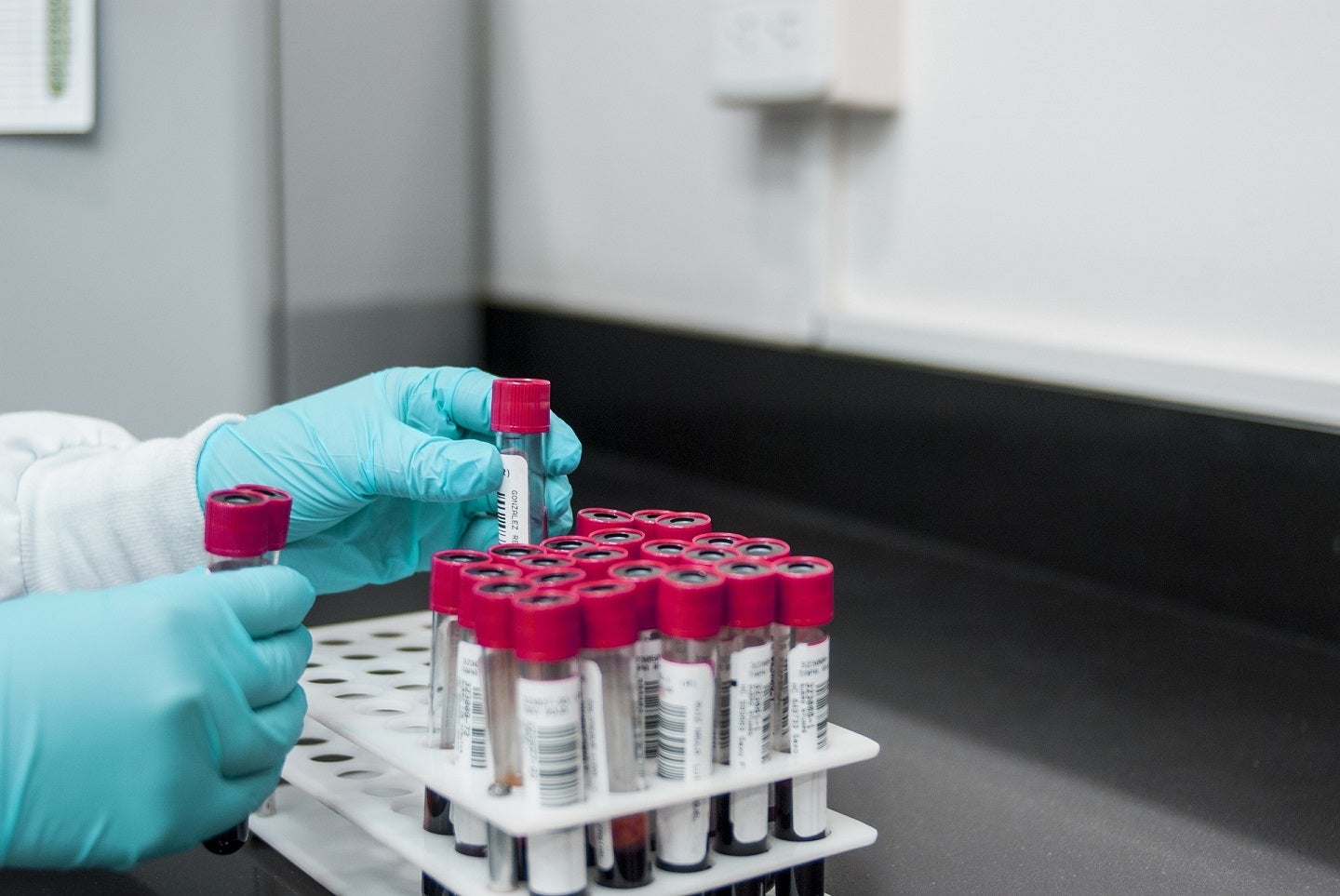
Novartis has announced that Lutathera along with octreotide long-acting release (LAR) has reduced the risk of disease progression or death in patients with advanced gastroenteropancreatic neuroendocrine tumours (GEP-NETs) in a trial.
This was demonstrated in the Phase III NETTER-2 clinical trial, where the combination therapy extended median progression-free survival (PFS) to 22.8 months compared to 8.5 months with high-dose octreotide LAR alone.

Discover B2B Marketing That Performs
Combine business intelligence and editorial excellence to reach engaged professionals across 36 leading media platforms.
The trial compared Lutathera plus octreotide LAR to high-dose octreotide in patients with advanced GEP-NETs. It included patients diagnosed with somatostatin receptor-positive (SSTR)-positive advanced GEP-NETs within six months before enrolment.
NETTER-2 is a landmark study, being the first to show positive results for a radioligand therapy (RLT) in a first-line setting.
During the 2024 American Society of Clinical Oncology (ASCO) Gastrointestinal (GI) Cancers Symposium, data revealed a 72% reduction in the risk of disease progression or death when using Lutathera as a first-line therapy.
The safety profile of the therapy was consistent with previous findings, with most patients tolerating the full course of treatment.

US Tariffs are shifting - will you react or anticipate?
Don’t let policy changes catch you off guard. Stay proactive with real-time data and expert analysis.
By GlobalDataThe NETTER-2 trial continues to assess secondary endpoints, including long-term safety and overall survival. This ongoing research is crucial for improving treatment strategies for patients with high-proliferation rate tumours.
Lutathera is already approved in the US, Europe, and Japan for certain types of GEP-NETs.
Novartis oncology development global head Jeff Legos said: “This is the first positive Phase III trial of a radioligand therapy in the first-line setting, and the overall efficacy and safety results are amongst the most clinically relevant observed to date in this kind of advanced cancer, addressing a significant unmet need for patients with newly diagnosed advanced GEP-NETs.
“The positive results are a significant advancement and further reaffirm our strategy to research and develop radioligand therapies in earlier lines of treatment or stages of disease to improve outcomes for patients.”





